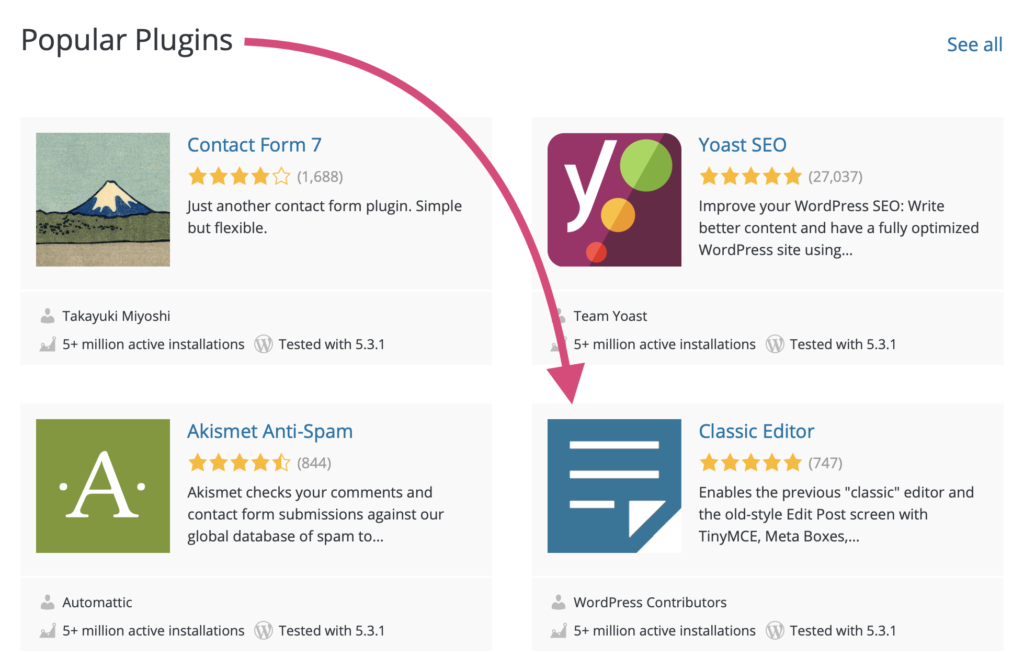Reflecting on the topics I’ve covered on this blog recently, I can’t help but notice that my tone has been pretty salty lately. Despite receiving a ton of positive feedback on my writing (thank you!), I’m personally disappointed that I’ve not been more constructive.
In a recent Twitter thread with Birgit Pauli-Haack (whom I really admire) I came to realise that I was just having a whinge, and not providing any productive feedback. Birgit and Mark – I apologise.
This grouchy attitude really runs contrary to how I usually think. I try to be a “if you don’t like it, fix it” kinda guy.
As an aside, I’ve evolved my thinking on the problem with Gutenberg development. The issue is not just that key decisions about the future of WordPress are facilitated through a developer tool¹ – the issue is that nobody is proactively seeking input from the WordPress users who aren’t involved in core development.
One of the things I love about the WordPress community is that there’s a culture of “we’ll hear you out”. When an irritated crazy with an axe to grind joins the Core Dev Meeting on Slack, it’s always handled with grace and care. Criticism rarely results in controversial political encounters.
I think this comes from the top. Listening, recognising, responding in a politically sensitive way – that’s one of Matt Mullenweg’s superpowers. You should see this guy deftly manoeuvre through questions from the floor during a State of the Word address. It’s impressive!
Maybe we’ve gotten too good at handling criticism? In an open source project the size of WordPress, critics are numerous and persistent. Out of necessity, we’ve become experts at hiding negative sentiment in plain sight.
For example, nobody seems to be talking about this:

It seems like simply noticing and writing about problems with the WordPress project² doesn’t really achieve much. So in the future, I’ll attempt to include a practical aspect to my writing.
For example, I might write about how it’s nearly impossible for plugin authors to have a clear picture of how (or even how many) people use their plugin, due to restrictions in the plugin guidelines. With this post, I could include a functional workaround – a loophole in the guidelines, based on examples from Jetpack and Woo.
In this manner, I hope to keep writing here, and hopefully have more of a positive impact on the ecosystem³.
1. Don’t try to convince me that GitHub isn’t a developer tool. I know discussions also happen on the Make blog and Slack, but it’s all funnelled back to GitHub for the real decision making.
2. Insularity from users; power dynamics with Automattic; plugin guideline hypocrisies (looking at you Jetpack); Envato’s enduring WordCamp ban; developer-centric decision making; the list goes on.
3. Can anyone recommend a good footnotes plugin?